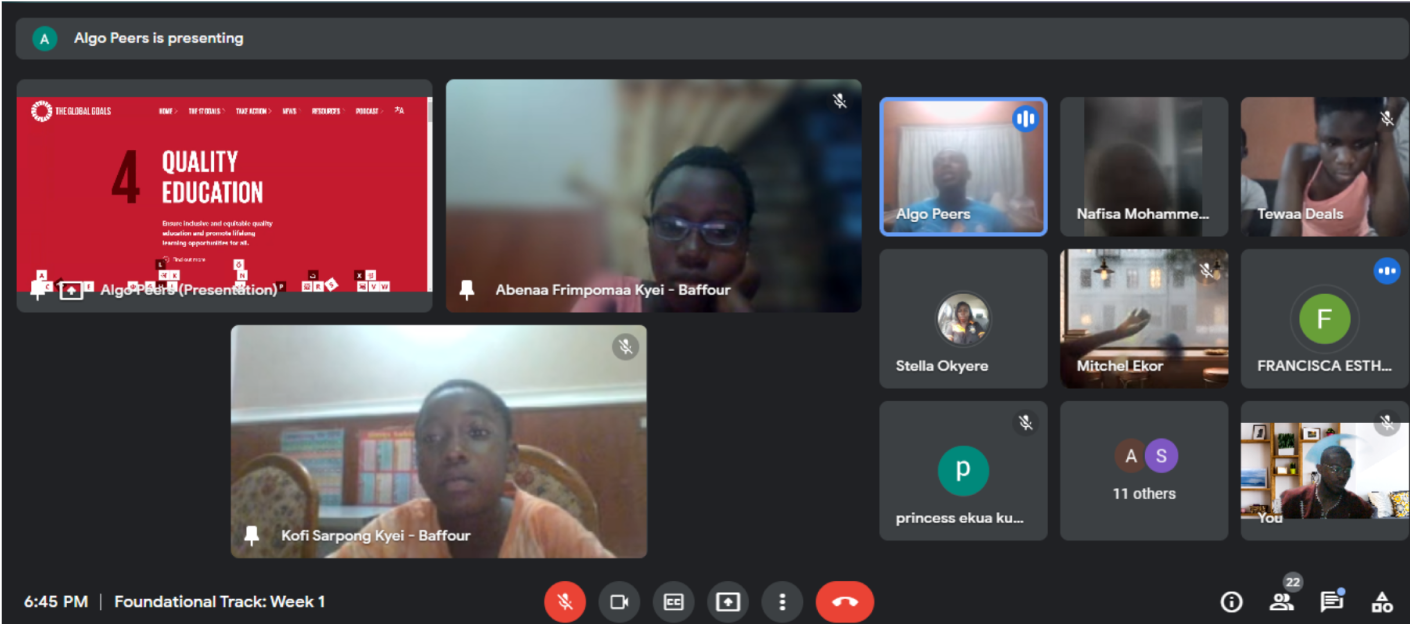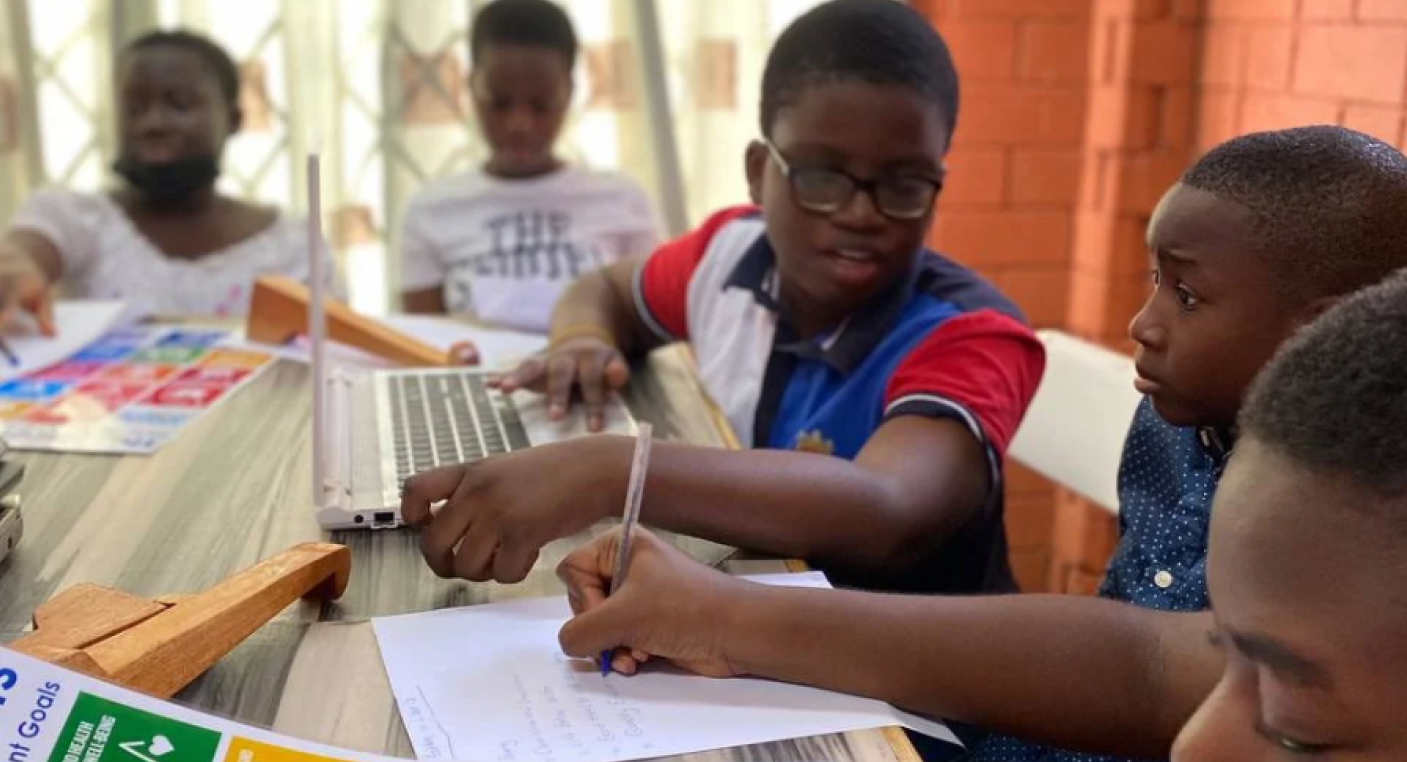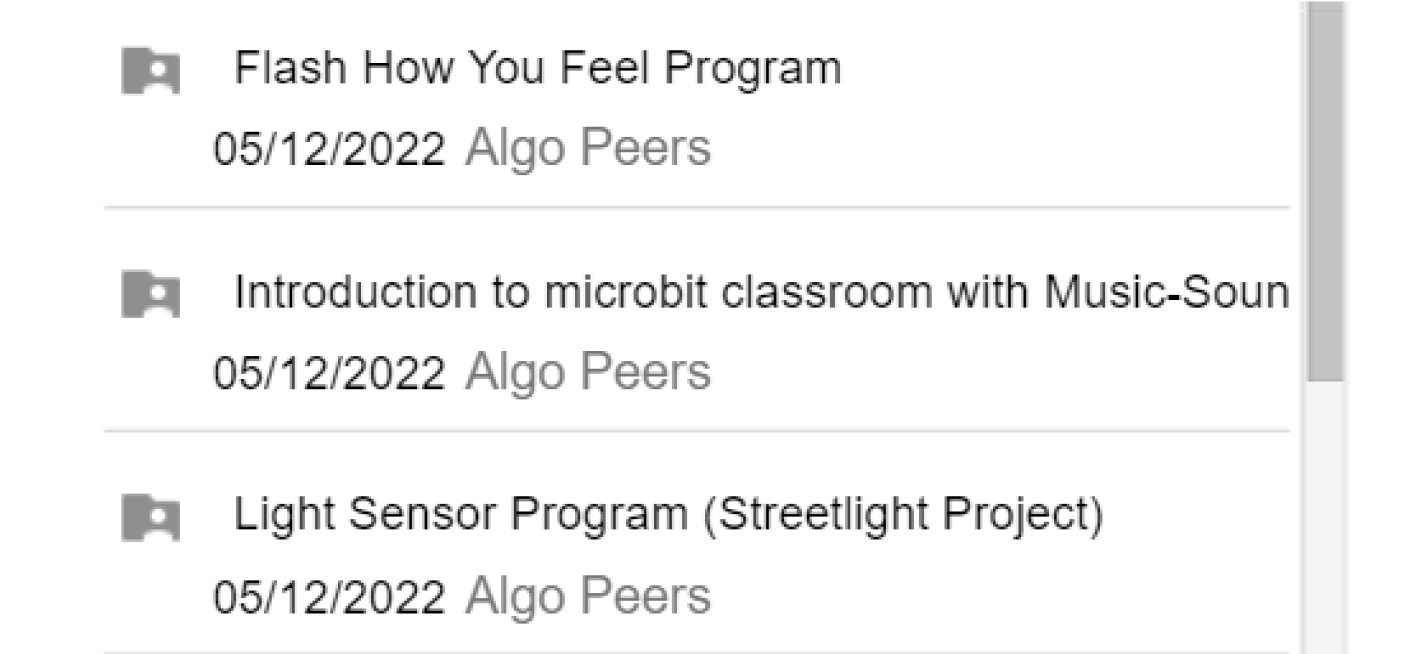The Foundational track played a crucial role in equipping learners with essential digital skills, enabling them to navigate the rapidly evolving landscape of technology in the fourth industrial revolution and actively prepare for the “Do Your: Bit Challenge”

By focusing on IoT technologies, computational thinking, programming, and the micro:bit, this module provided a hands-on experience that empowered learners to address sustainable development goals through innovative solutions.
The Foundational track was subdivided into specific sub-modules, each addressing distinct aspects of digital competence and problem-solving. These sub-modules followed a structured approach to ensure that learners acquired a comprehensive understanding of foundational concepts.
learners participated
female participation
sessions
total hours
The module’s impact extended to 34 suburban and rural communities, reflecting its commitment to inclusivity and comprehensive learning experiences.
Throughout the Foundational Module, learners achieved diverse and tangible learning outcomes, reflecting their engagement and innovation. These outcomes encompassed:
These achievements were realized through exploratory project-based activities using the micro:bit, strategically designed to address immediate challenges and align with the Sustainable Development Goals (SDGs).

Engaging in strategic thinking, learners adopted a Global Goal to assist their assigned country. This exercise fostered collaboration and contributed to the objectives of Global Goal 17.

Learners programmed codes that demonstrated the capabilities of using the light sensor of the micro:bit board to curtail energy waste and reduce costs. By optimizing lighting conditions based on real-time needs, this project aligns with sustainability goals and efficient resource management, contributing to the objectives of Global Goal 11.
Addressing environmental concerns, learners built musical instruments from plastic bottles. This innovative approach both countered pollution and greenhouse emissions (Global Goals 6 and 13) and fostered creative reuse.
In the fight against child trafficking (Global Goal 16), learners built a radio-based tracking device. This technology had the potential to make a significant impact on addressing a critical issue.
The acquired learning outcomes have significantly enriched the learners’ problem-solving abilities, enabling them to approach challenges with a systematic mindset, creative and computational thinking, and the capability to create solutions aligned with the United Nations Global Goals.
The Foundational track fostered collaboration among learners from diverse backgrounds. Integration of IoT technologies, computational thinking, and programming encouraged interdisciplinary thinking, providing learners with a holistic understanding of how technology elements could collaborate to create comprehensive solutions.
Learners’ progression from replicating coding examples to crafting unique projects showcased their growth in innovation and creativity. They demonstrated the ability to adapt coding structures and algorithms to suit their ideas, highlighting their capacity to think creatively.
The mode of delivery for the foundational track ensured a dynamic and flexible learning experience for learners. It included:
Interactive sessions on weekdays using the micro:bit classroom platform.

Curated weekly tutorials for home learning and independent exploration.
Facilitated collaborative learning.

Provided hands-on experience in a supportive environment.
71.1% out of 45 surveyed learners, expressed a newfound confidence in their ability to independently develop innovative projects subsequent to their engagement with the foundational module.
This resounding affirmation underscores the module’s success in empowering learners to apply their acquired knowledge effectively.
Moreover, facilitators observed a notable transformation, noting the shift from passive learning to active creation among learners. This evolution speaks to the module’s dynamic and engaging pedagogical approach.
During the foundational track, the main challenge encountered was related to acquiring the necessary resources and extensions to facilitate hands-on projects. Learners were enthusiastic about engaging in practical activities using the micro:bit and other tools, but limited access to materials posed a hurdle.
Extensions such as Wappstobit for IoT projects, micro:bit edge connector, bit player, air: bit, 5MP cameras, and AI Vision sensors could have enabled learners to delve into IoT projects, explore drone projects and immerse themselves in artificial intelligence.
This challenge hindered the seamless implementation of the learners’ project ideas and restricted the scope of hands-on experience. Learners’ eagerness to explore the full potential of the micro:bit was sometimes curtailed due to resource constraints.
Regardless of the challenges faced, the foundational module was instrumental in developing learners’ digital competence, creativity, and problem-solving skills in preparation for the do you: bit challenge.
The integration of micro:bit projects with real-world challenges and Global Goals instilled a sense of purpose and social consciousness in learners.